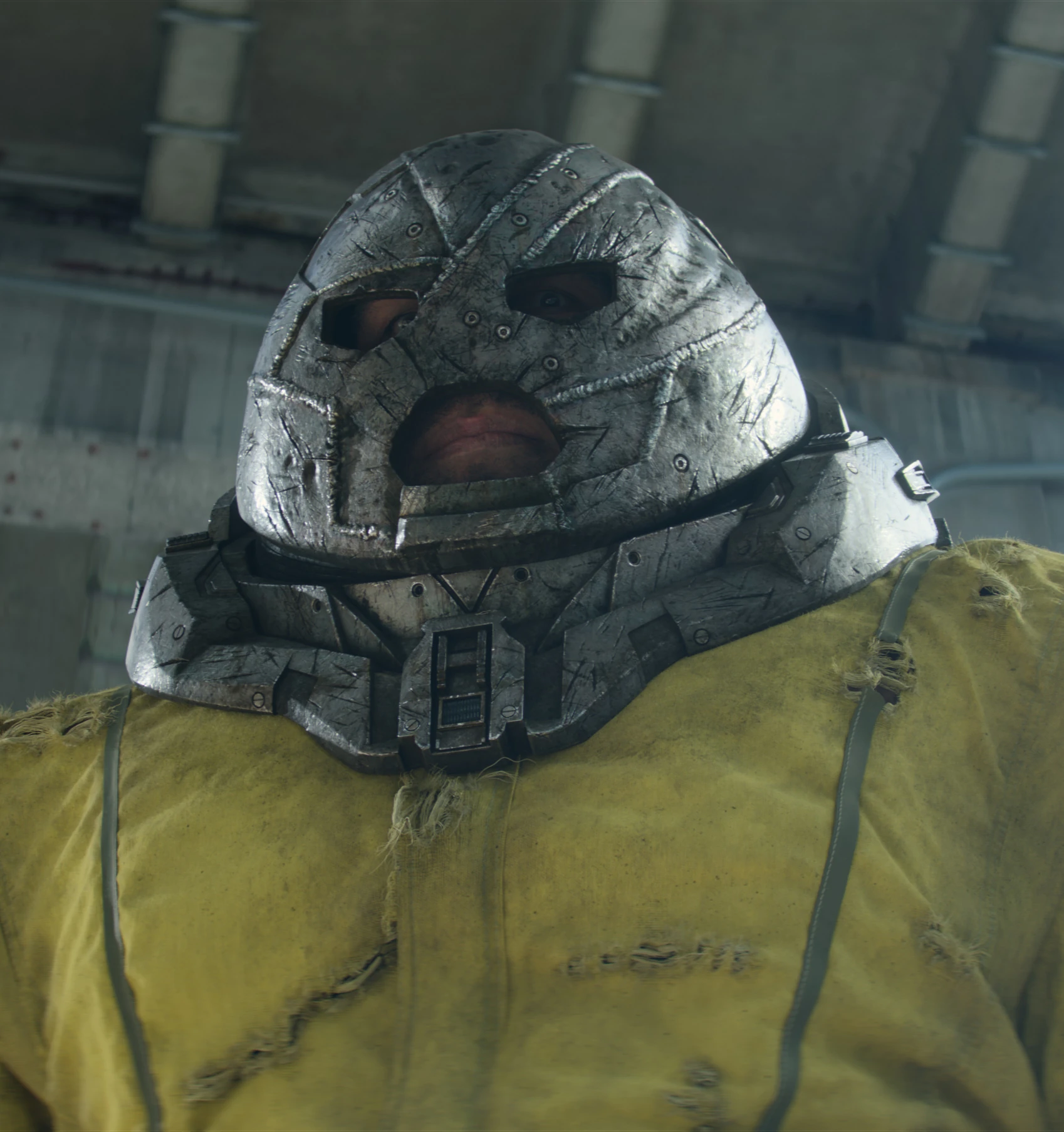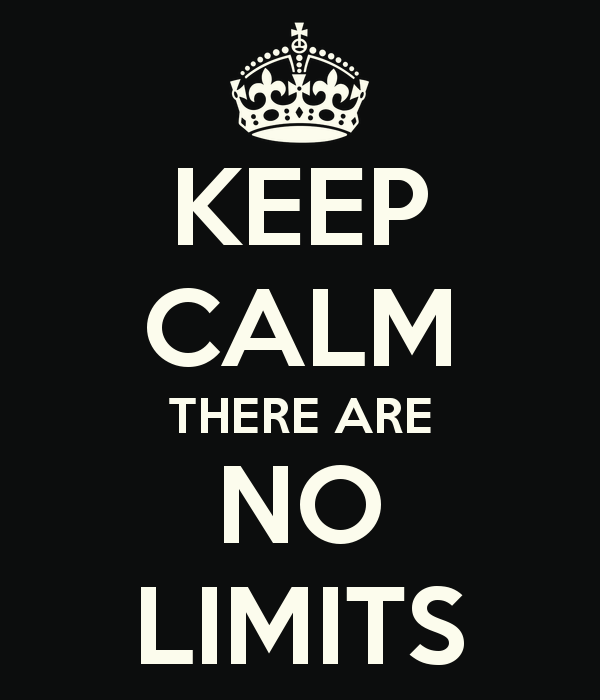Let my flex my big liberal arts degree brain and talk some
basic game theory (which is, of course, the only level of game theory they
expose poli-sci majors to). For those of
you unfamiliar with the Prisoner’s Dilemma, a VERY brief crash course goes like
this: let’s say you and another person work together to commit a crime, and you
both get caught. You’re taken to
separate rooms and told that, if YOU rat out your friend and they don’t do the
same to you, then your friend goes to jail for 10 years and you go free. If neither of you talk, you both get 2 years
of prison. If your friend rats you out
and you don’t rat them out, you go to jail for 10 years. HOWEVER, if you both rat each other out, you
both get 8 years of prison. Go look it
up if you need more details, but the Dilemma is this: the BEST outcome is
technically neither one of you talking, because it’s the lowest amount of
prison time in total, BUT, it requires you to trust the OTHER person not to
talk. Of course, doubt creeps in, and
you wonder if you’re going to not talk while your partner talks, so then you
decide your best move is to talk, and now you’re both looking at 8 years in
prison: not the MAXIMUM sentence for an individual, but the maximum amount of
time that could possibly be served.

For some, prison is less a dilemma and more a vacation
I first learned about this dilemma as an undergrad, and it
will shock none of my regular readers to know that I was just as much a deviant
then as I am today, which is to say, initially upon hearing it, I had a
solution to the dilemma: tell your partner you’re going to rat him out. When you’re both in the squad car, riding to
the police station, given your right to be silent, look over at your partner
and crime and tell them “Hey, just so you know, I’m ratting you out as soon as
we get to the station, so you might as well do the same thing.” How is this a solution, you may ask. This is electing to receive the WORST outcome
possible. Yes: but it solves the
DILEMMA: now there is no longer any doubt, fear, anxiety, or any pressure to
make any decisions anymore. The outcome
is now determined: now all that’s left to do is react.
Specifically what I love about this solution is that it robs
power from those that feel empowered.
The authorities “place” you in the dilemma, and you hop right out
because you CHOOSE the worst fate, rather than end up with it. And now that THAT’S over, you can move on to
other things, like working on your escape plan, or finding the best lawyer, or
deciding which gang you’re going to join in prison, or just ANYTHING other than
the prisoner’s dilemma. You have
radically shifted the dynamic from being completely out of control to totally
in control of your fate. Things are back on your terms.
"I CHOOSE this!"
You have this power in life.
You are NEVER in a Prisoner’s Dilemma unless you CHOOSE to be. Otherwise, your fate is yours to choose. This is true in your training. You can try to fight your fate, or you can
choose it and move on to planning your prison break. You are not in a dilemma with your genetics:
you choose to maximize them. Your injury
is not a dilemma: you now choose to move forward with the injury. And for the love of Crom, “should I bulk or
should I cut” is NOT a goddamn Prisoner’s Dilemma: pick A choice and then go
with it.
Because this is the thing about the Prisoner’s Dilemma: the dilemma
is NOT about the fate you end up with: it’s that your power to control your
fate has been robbed from you. The
dilemma is that your fate rests in the hands of others. Specifically, the terms and conditions of the
outcome are being set by the authorities, while achieving the “best” outcome
depends upon another person to act in a specific way. THAT is the dilemma: YOUR powerlessness in
that situation. But you can CHOOSE to
still be powerful when you deny others the ability to control your fate. You make the whole system crumble because you
refuse to let the outside world dictate what is the ideal outcome. The ideal outcome is the one wherein you got
to choose your destiny.

Sartre would elect to just shut off the game
This is what frustrates me with so many trainees breaking out
the spreadsheets and the MRV calculators and the studies on protein synthesis
compared to optimal training frequency: they elect to make themselves powerless. They WANT to be put into a prisoner’s
dilemma, because they WANT to surrender their power. They draw out the perfect diagram to
illustrate how their success is totally and completely outside their hands,
noting how genetics have to align perfectly with optimal training protocol and
injury avoidance and so many things that are just outside their scope of
control, and then they can just wallow and lament how much they have no ability
to achieve their goals. And honestly, it’s
because it’s far more terrifying when your fate rests squarely in your own
hands vs the hands of others.
Take back your power and choose your fate. The truth is, the worst possible outcome in the
Prisoner’s Dilemma ISN’T the outcome that results in the greatest prison time
in total: it’s the outcome that is outside YOUR control. An outcome that depends on the cooperation of
external factors is far worse an outcome than one that you chose, as the former
relied on the surrendering of your power.
Pick your fate and start planning your next move.
And hey, while you’re in prison, maybe they’ll let you lift
some weights.




